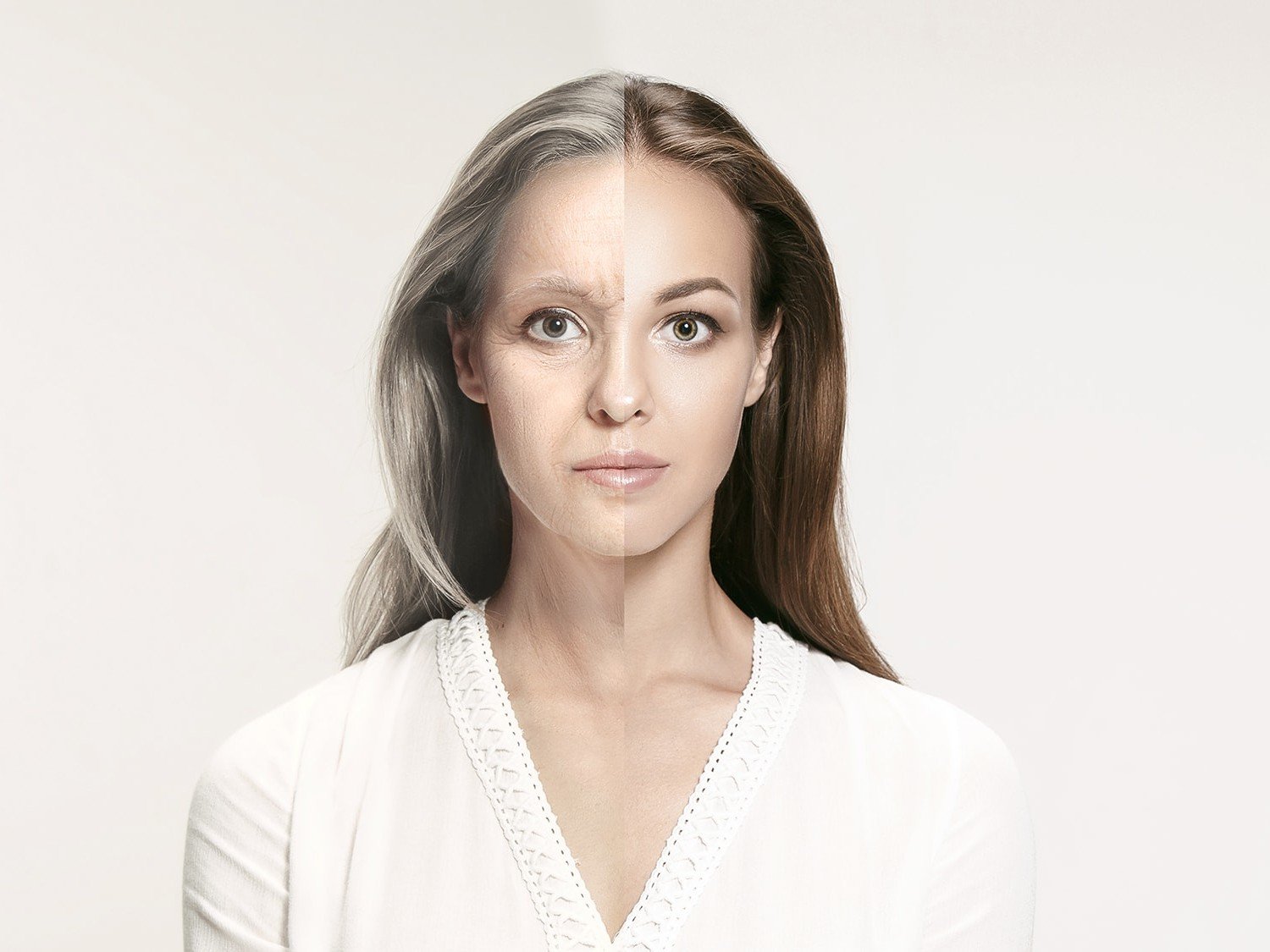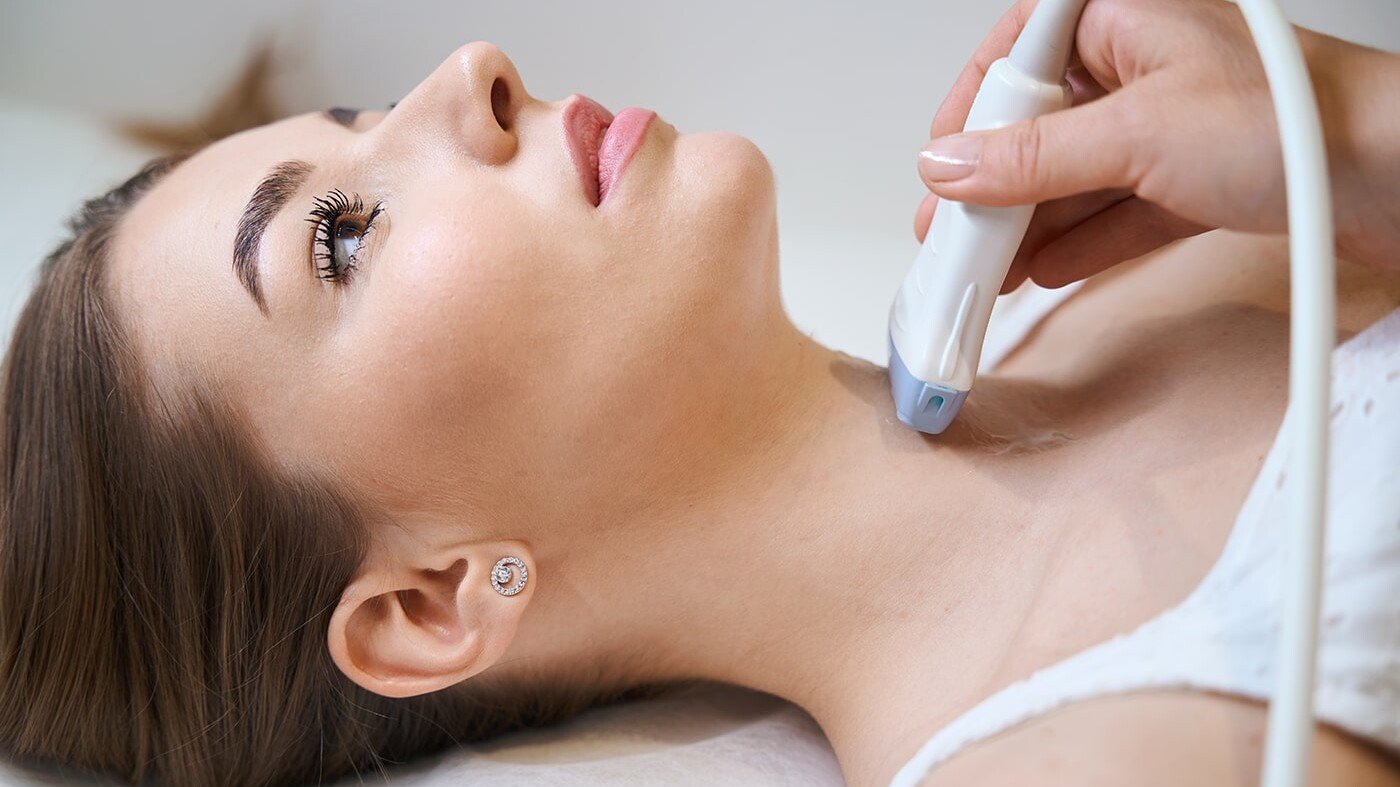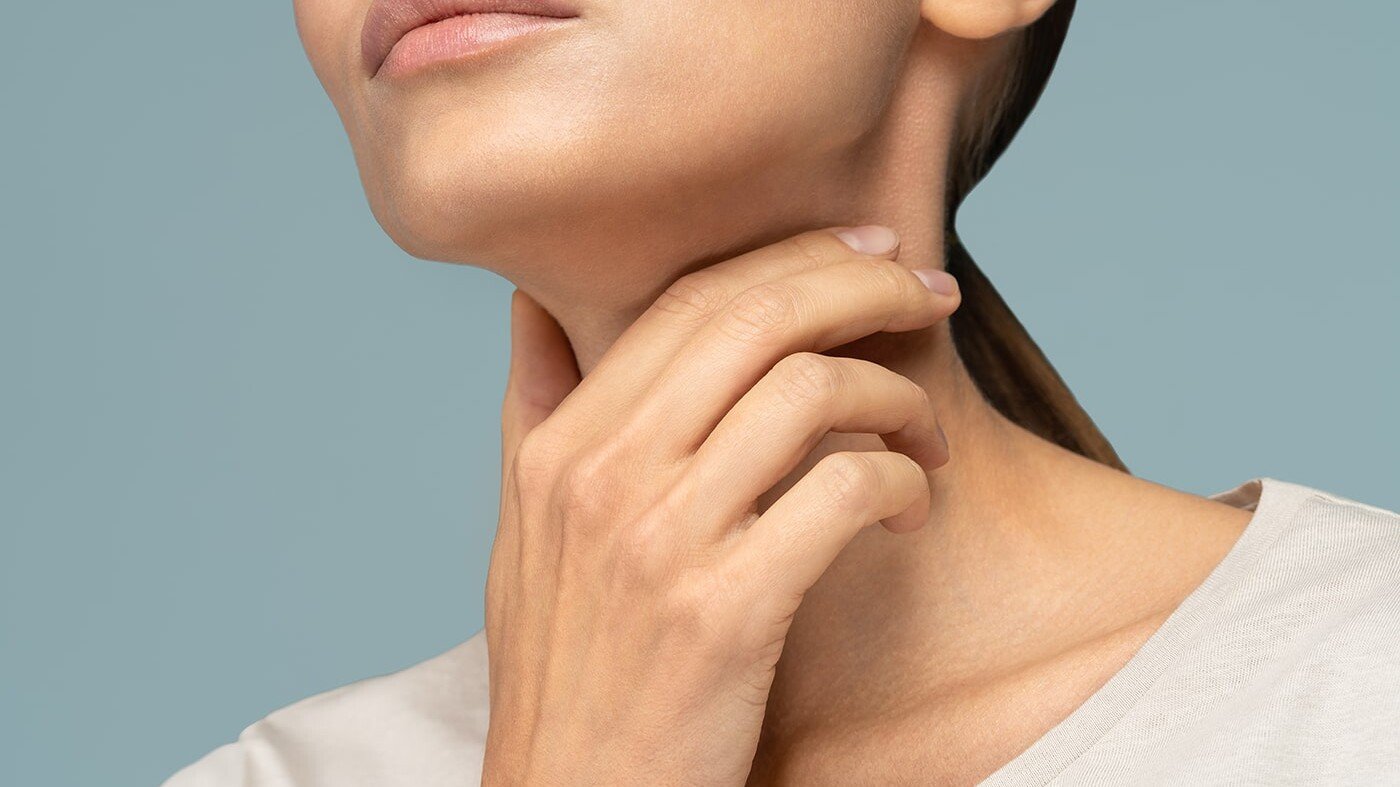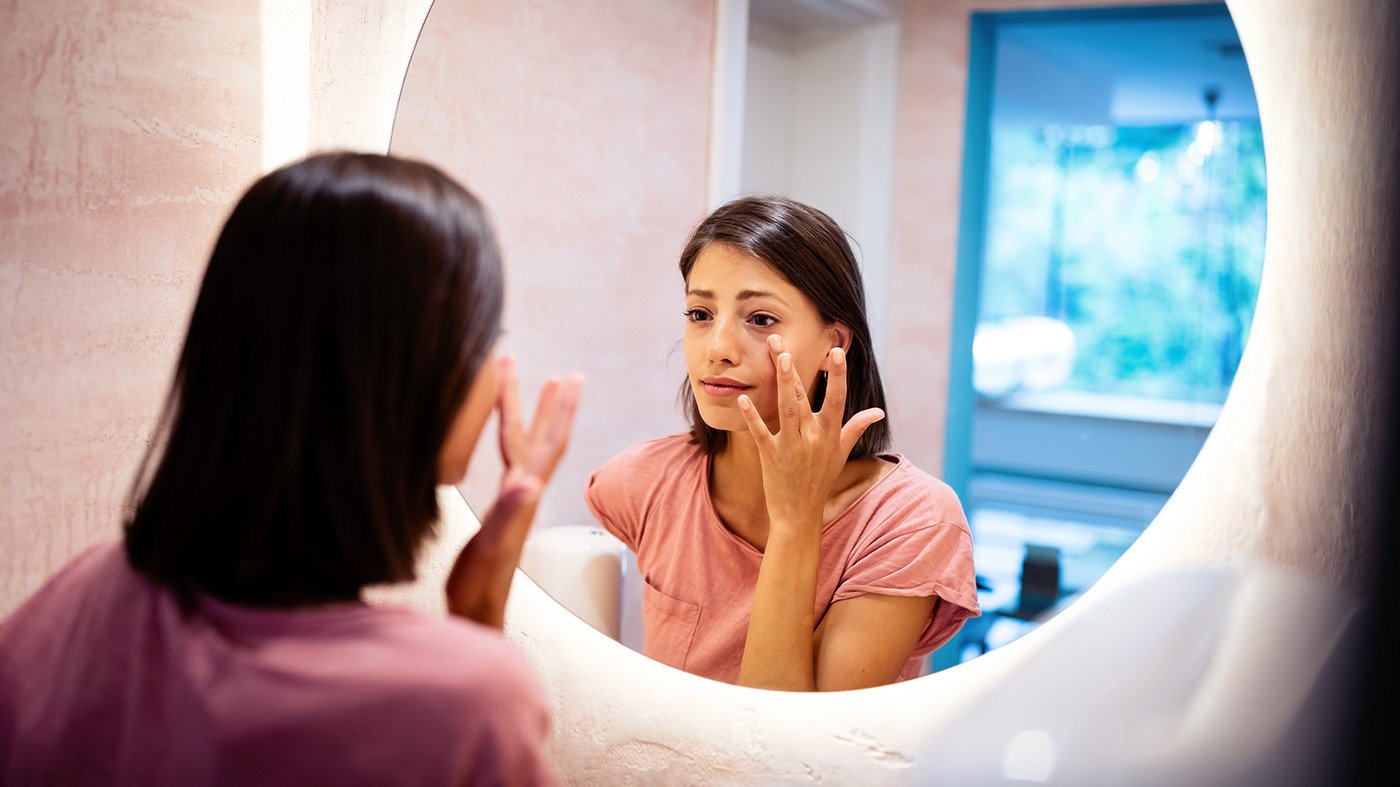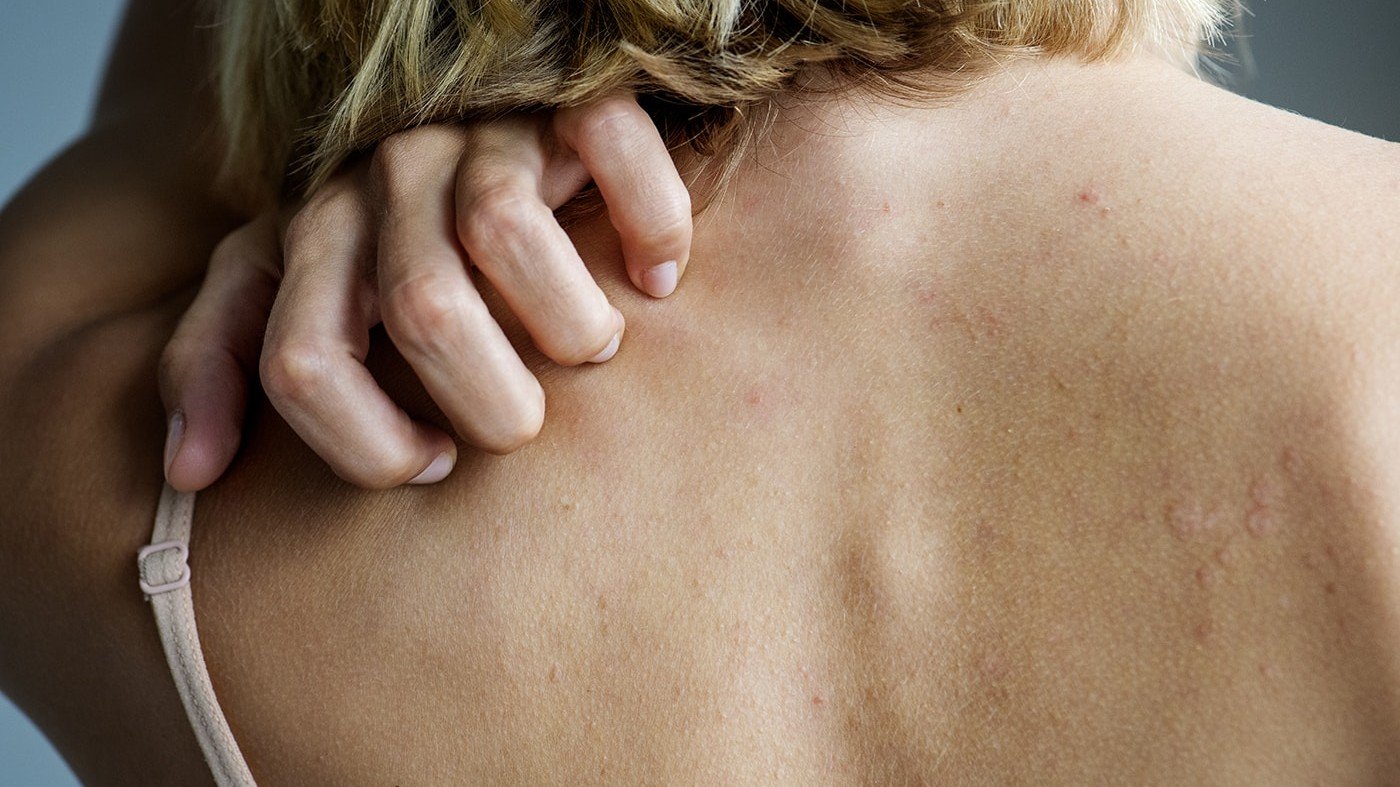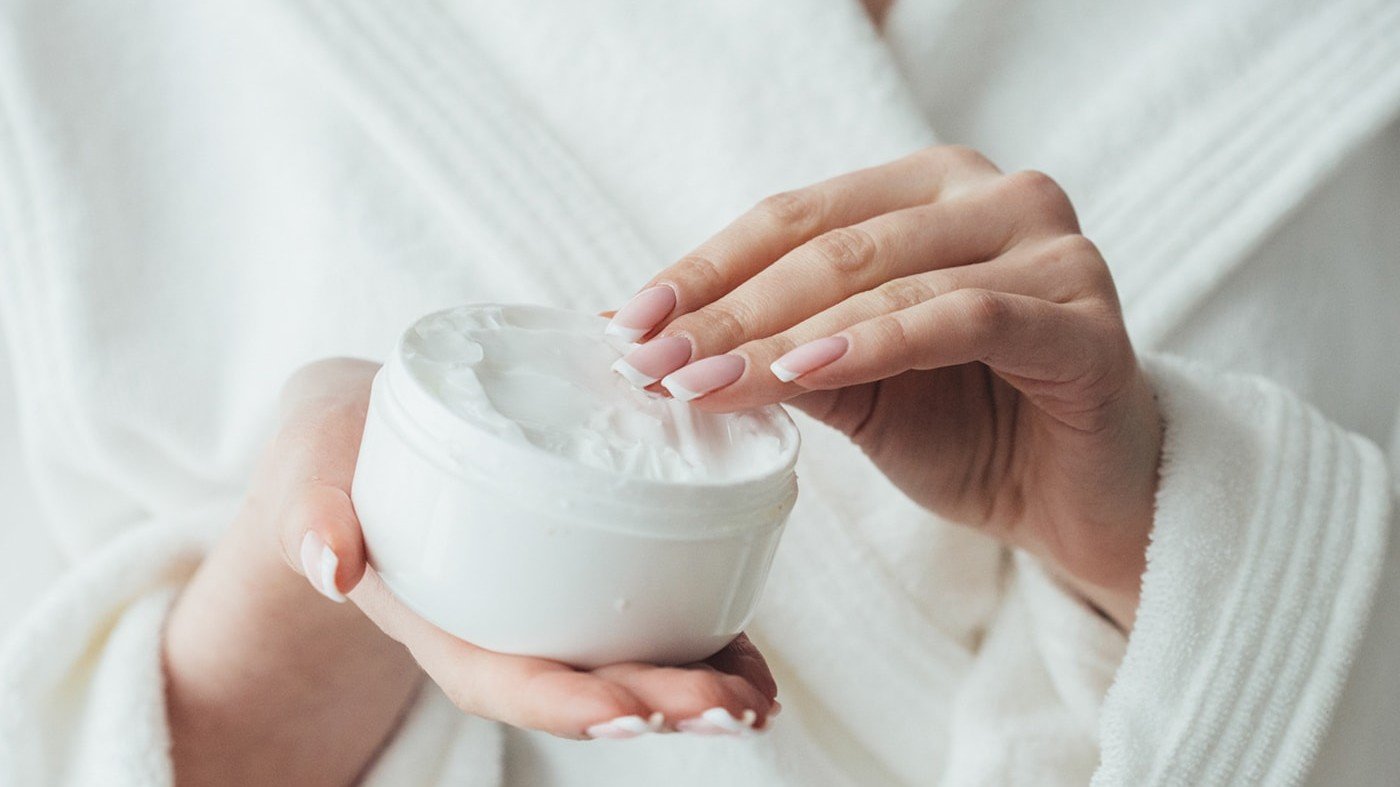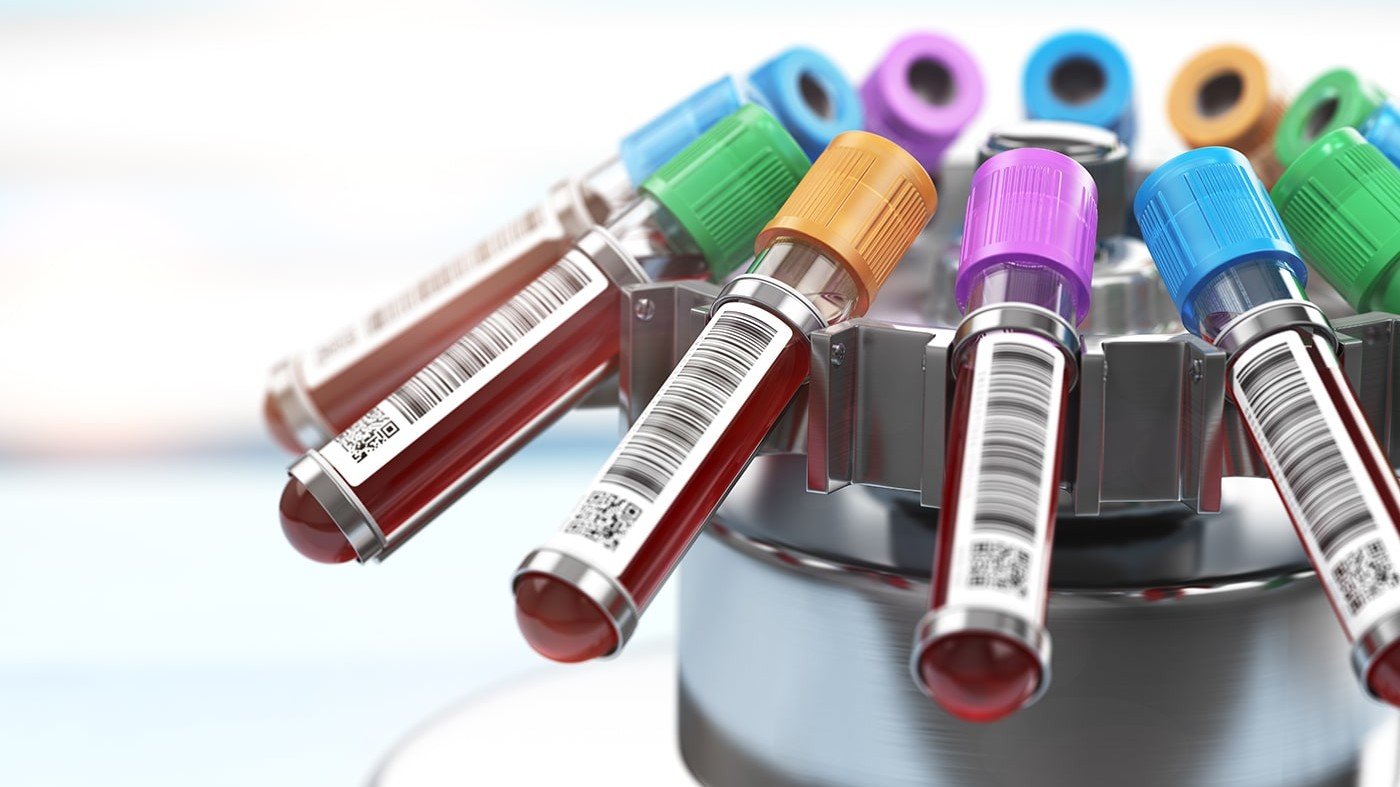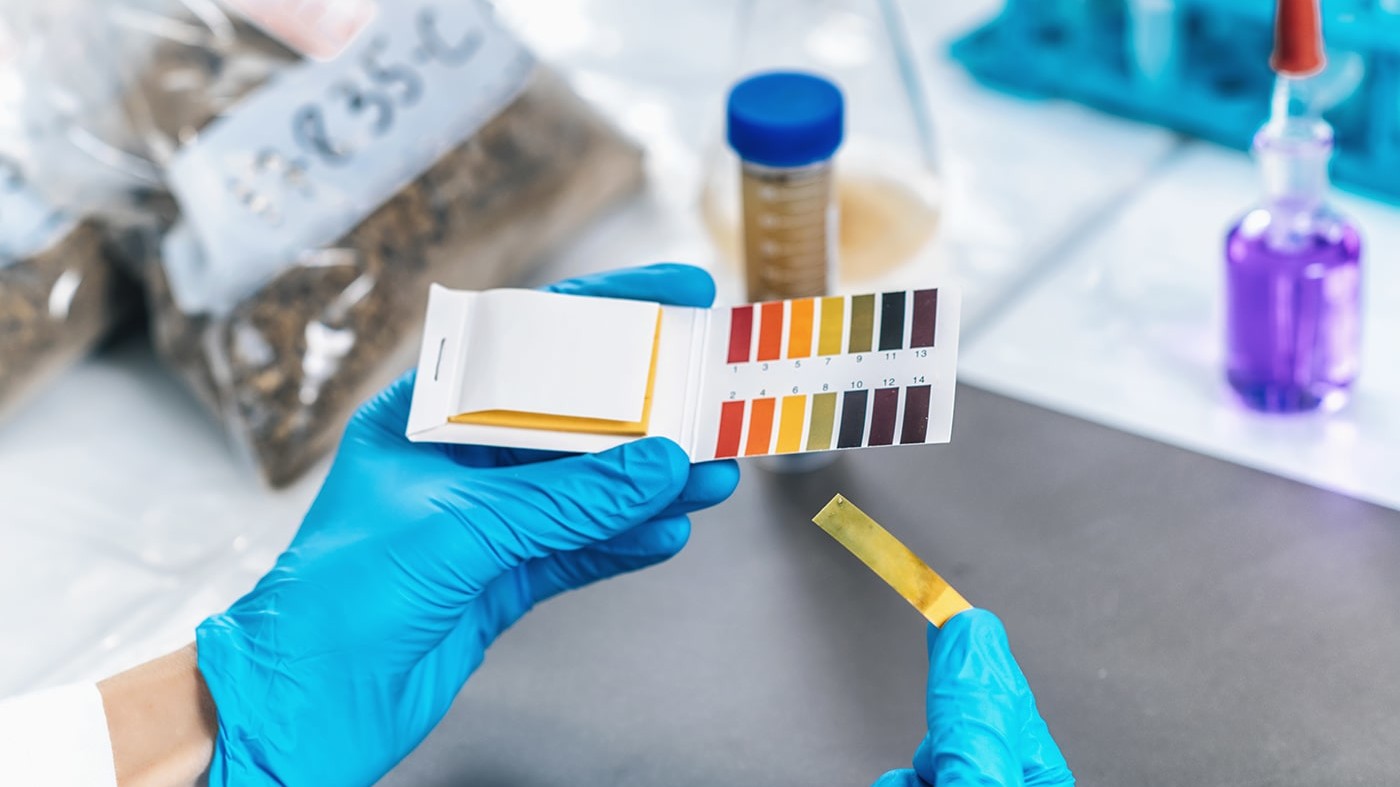Managing Hives (Urticaria)
Hives is the common term for urticaria – the most common skin condition that brings people of all ages to the emergency room. (1) Approximately 15-20% of the population will have an acute, or short-term bout with hives at some point during their lifetime. (1)
Hives usually appear without warning. Although it can be scary looking, itchy and uncomfortable, in most cases it’s not serious and will resolve on its own.
Here’s what you should know about the causes, how to deal with hives, and how to hopefully stop another outbreak before it starts.
The Symptoms of Hives
An outbreak of hives usually causes large or small red, raised areas, called wheals or welts, on your skin.
The welts may have a white or lighter colored center. They can sting, but the most common complaint is that they itch – sometimes enough to interfere with your sleep or everyday activities.
The welts can appear as individual spots, or you may notice them in groups that connect and cover large areas of your body. Some people who get hives repeatedly, get them in the same areas of their body. (2)
Occasionally, hives can also cause a sudden and severe swelling below the surface of the skin, and in the fatty tissue in certain parts of the body. The swelling is called angioedema.
It often affects the face, especially the lips or eyelids. It can also occur in other places on your body, like your hands, feet, in your gastrointestinal tract, your tongue, or in your throat.
Angioedema requires prompt medical attention. If the swelling affects your throat, it can affect your breathing and lead to anaphylaxis, which can be life-threatening. (3)
In most cases, the rash from hives usually disappears on its own in 30 minutes to less than 24 hours. (1)
Occasionally, though, new welts may appear as the older ones clear up, so it may take a few days, or even a few weeks for a case of hives to completely resolve.
Hives doesn’t cause any scarring, so once they rash is gone, your skin returns to normal. Angioedema from hives can take longer, up to 72 hours, to completely go away. (4)
Most cases of hives are acute, which means they are not long-lasting. Acute hives disappear completely within 6 weeks. Chronic hives last longer than 6 weeks. (3,4)
In many chronic cases, they appear most every day. Chronic hive, is classified as either spontaneous (which doesn’t always have a known trigger), or inducible (which occurs in response to a known trigger). (5)
What Causes Hives?
Sometimes there isn’t an identifiable cause of hives. In many cases, however, hives are caused by an allergic reaction to something that your body doesn’t like because it thinks it’s harmful, but is usually harmless.
On exposure, your body releases histamine, as part of an inflammatory response.
Histamine can cause different types of reactions in the body, such as itchy eyes, sneezing, or gastrointestinal problems. It can also cause the capillaries in your skin to swell and leak fluid into the surrounding tissue, and this causes the welts or wheals known as hives.
The most common allergens and other known triggers associated with acute hives include: (1,2,5)
- Foods: especially citrus fruits, berries, tomatoes, cheese, chocolate, shellfish, eggs, wheat, nuts, and soy
- Medications such as NSAIDS (aspirin or ibuprofen), penicillin, codeine, or sulfonamides
- Insect stings, as well as exposure to caterpillars or moths
- Latex exposure
- Environmental factors like dust, mold, detergents, soaps, lotions, shampoos, plants, or animal dander
- A viral infection somewhere in your body
- Stress
- Exposure to heat, cold, sunlight, or in rare cases, water
- Exercise
- Pregnancy
An Autoimmune Link
Chronic hives can also be spontaneous, without an identifiable trigger, or they may be caused by any of the above triggers.
Interestingly, researchers have found that about 40-50% of those with unidentifiable triggers have chronic autoimmune urticaria (6) – or chronic hives due to an overactive immune system.
Autoimmune diseases often occur when a combination of stressors from environmental factors, diet, stress, and genetics come together at the right time and wreak havoc on your immune system. Your body reacts as though there’s an infection or foreign invader, but it ends up attacking healthy cells or tissues.
In the case of chronic autoimmune urticaria, it’s the mast cells in your skin that are affected. Autoimmune diseases often travel together, and this is true for chronic autoimmune hives.
As many as 23% of those with this form of chronic hives also have autoimmune thyroid diseases. (6)
Diagnosing Hives
Most of the time, a dermatologist or primary doctor can diagnose acute hives by examining your skin and taking a medical history that includes any history of recent illnesses, where you were, what you were doing, and what you ate just before the hives appeared.
In some cases, they may need to exclude other skin conditions that cause similar symptoms.
Diagnosing acute hives usually doesn’t require any lab testing. However, if the cause of hives is unclear, your doctor may wish to do allergy testing to see how you react to the most common triggers. (1)
For chronic hives, your doctor may run blood tests to rule out other skin conditions, and allergy tests to help identify the cause.
If autoimmune urticaria is suspected, they’ll do further blood tests for inflammatory markers, and they may test for related autoimmune diseases, such as thyroid antibodies.
Also be aware that infections can also trigger hives. One of the most notable infections that can cause chronic hives is the gut infection blastocystis hominis.
Looking for tests you can do? Here’s an excellent list.
How to Treat Hives
If you have a mild to moderate case of the hives, anti-histamine medications usually work well to control any symptoms. That said, ongoing use of anti-histamines (like Benedryl) can negatively impact other biochemical systems in your body since they may not be appropriate for long-term use.
There are supplements such as quercetin and stinging nettles which may be worth investigating for their anti-histamine properties.
Glucocorticoids, such as prednisone, are also sometimes used to control the inflammatory response.
In more severe cases, an injectable medication called an IgE blocker can help reduce your sensitivity to allergens. (1,2,4)
Oftentimes, chronic autoimmune urticaria doesn’t respond well to these medications, and patients may require immunosuppressant or immune modulating medications. (7)
Sudden and severe hives, especially with angioedema and shortness of breath, need to be treated with an epinephrine injection. It’s important to seek medical attention quickly because of the risk of life-threatening anaphylaxis. (2)
While medications can treat the symptoms, the challenge with hives is more about identifying the cause, and eliminating it. Usually that happens with repeated exposure (intentionally or unintentionally) to see if you have the same reaction.
If you’re not sure about your trigger, or if you think there are many things causing your hives, keeping a journal of your symptoms and possible triggers is very helpful. Once you identify your trigger(s), avoiding them will usually fix the problem.
Food triggers can be a bit tricky, so it’s helpful to work with a nutritionist to identify them. Sometimes, it’s not a specific food, but rather, an ingredient or additive that’s used in many foods, that’s causing your reaction.
If you have chronic hives without a clear cause, you should also consider the autoimmune connection.
Chronic autoimmune urticaria may be a possibility If you’ve been under extreme stress recently; if you’ve had a long-term illness or other autoimmune disease; if you eat a diet full of processed foods; or if your gut health isn’t as good as it can be.
In that case, your immune system may need support.
This often requires looking at your body and health from a root cause approach that spans several different body systems. It may include an elimination diet, stress reduction, and supplements to support a healthy gut, immune system, and stress response.
Most of the time, a case of hives goes away just as quickly as it came on. However, if hives are bothersome enough to affect your quality of life, if they’re severe, or if they never seem to go away, you should seek medical advice.
Especially with chronic hives, it can be very helpful to work with your medical team to determine the root causes and try to improve them, rather than taking the Band-Aid approach and fixing your symptoms.
1) Wong, H. K., Hives (Urticaria). Medscape. https://emedicine.medscape.com/article/762866-overview#a1. Updated June 13, 2018. Accessed December 11, 2018.
2) Hives. American Academy of Dermatology. https://www.aad.org/public/diseases/itchy-skin/hives#overview. Accessed December 11, 2018
3) Hives (urticarial) and angiodedema. American Academy of Allergy Asthma and Immunology. https://www.aaaai.org/conditions-and-treatments/library/allergy-library/hives-angioedema. Accessed December 11, 2018.
4) Zuberbier T, Aberer W, Asero R, Abdul Latiff AH, Baker D, Ballmer‐Weber B, Bernstein JA, Bindslev‐Jensen C, Brzoza Z, Buense Bedrikow R, Canonica GW. The EAACI/GA²LEN/EDF/WAO guideline for the definition, classification, diagnosis and management of urticaria. Allergy. 2018 Jul;73(7):1622-414.
5) Moolani, Y., Lynde, C., & Sussman, G. (2016). Advances in Understanding and Managing Chronic Urticaria. F1000Research, 5, F1000 Faculty Rev-177. doi:10.12688/f1000research.7246.1
6) Kaplan AP. Chronic urticaria: pathogenesis and treatment. Journal of Allergy and Clinical Immunology. 2004 Sep 1;114(3):465-74.
7) Goh, C. L., & Tan, K. T. (2009). Chronic autoimmune urticaria: where we stand?. Indian journal of dermatology, 54(3), 269-74.





